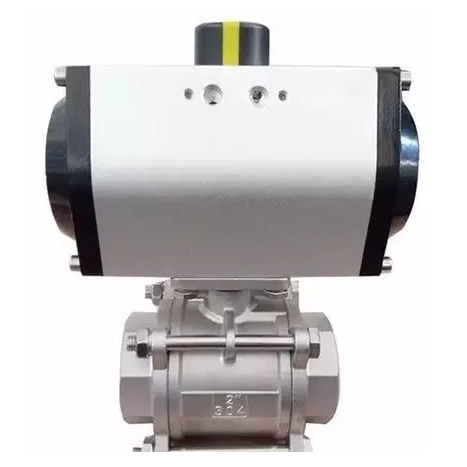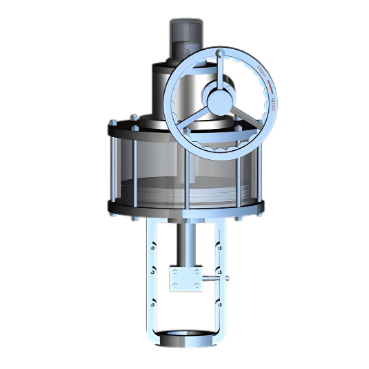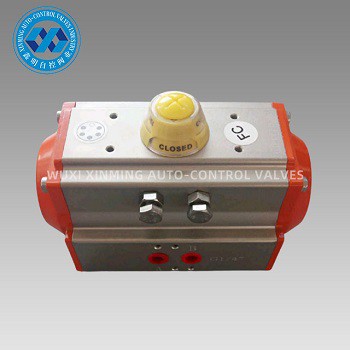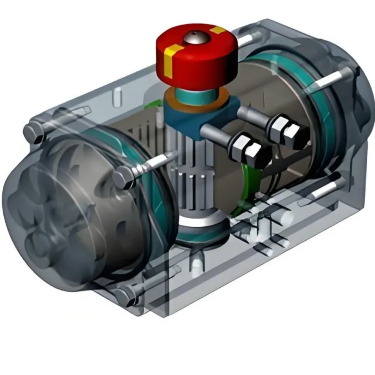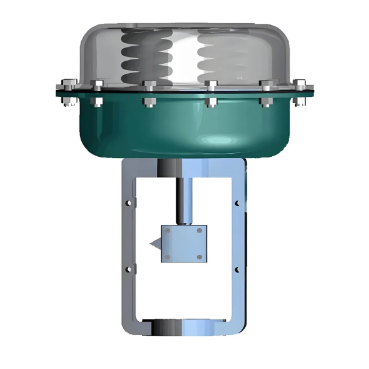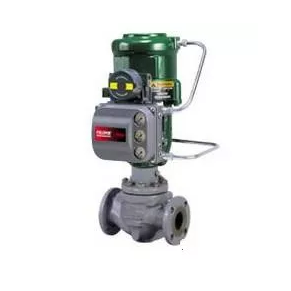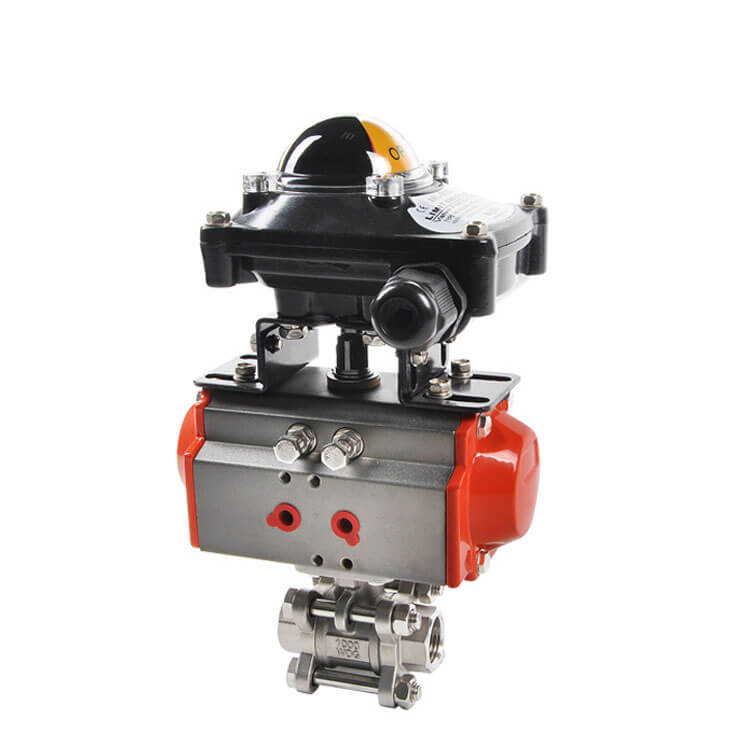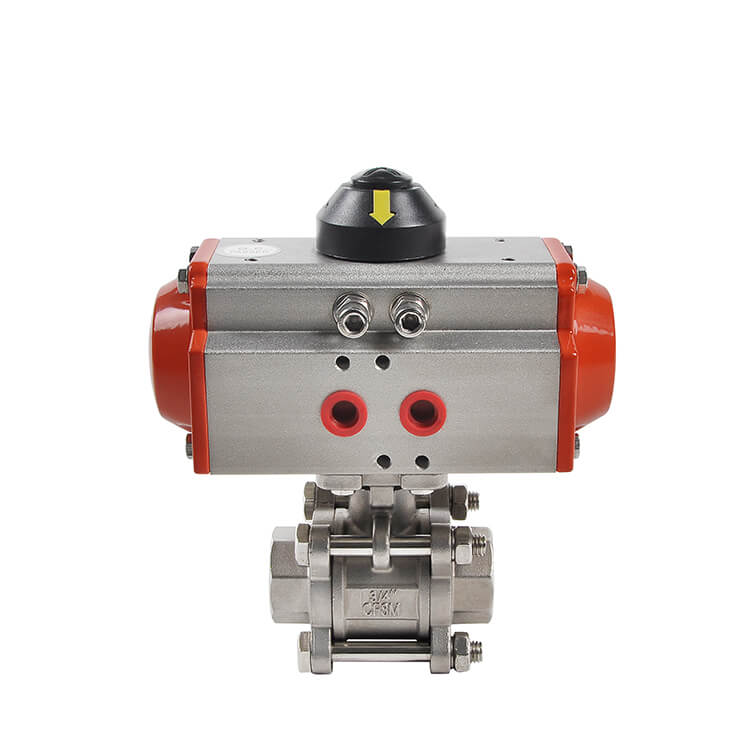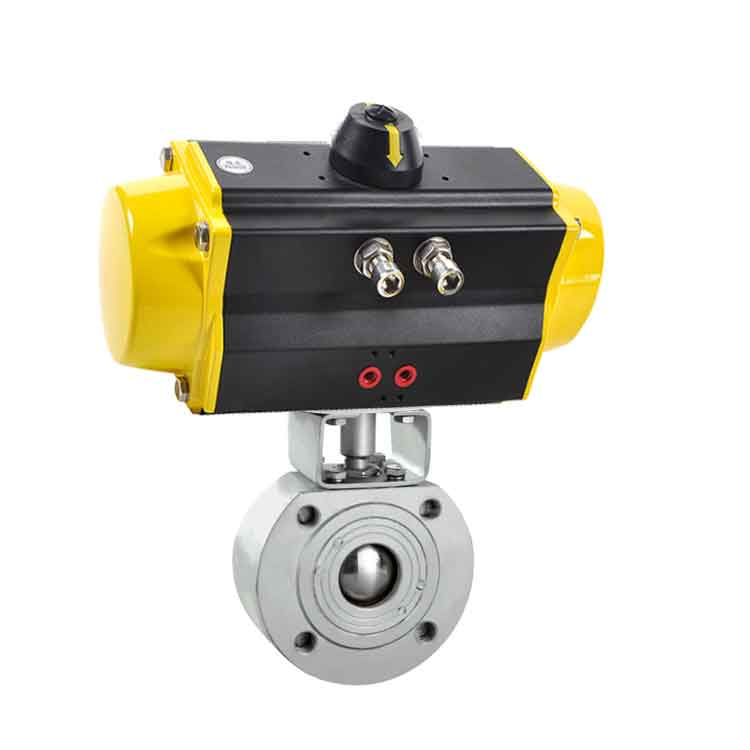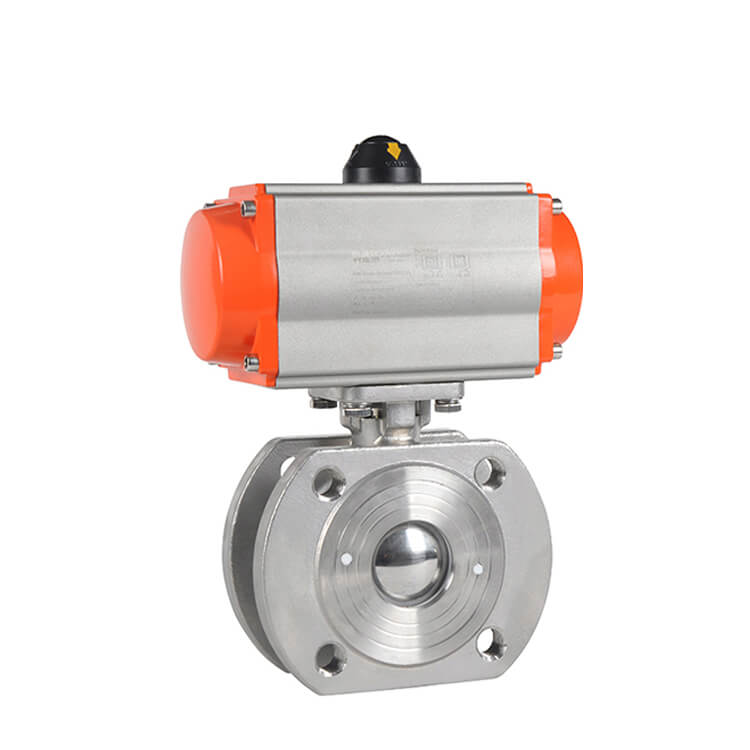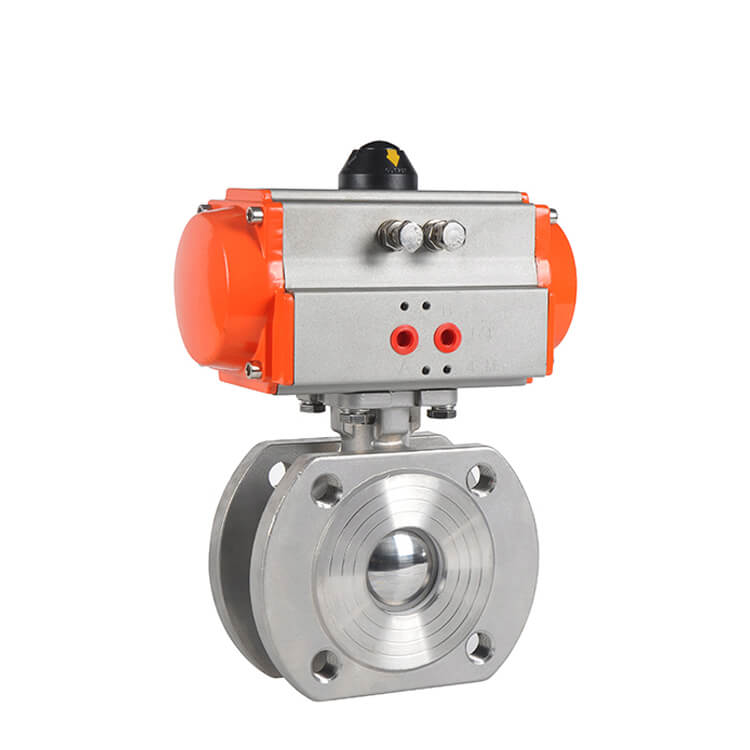Pneumatic actuator valves offer significant
advantages in terms of integration into existing pipeline systems, thanks to
their adaptable design and straightforward installation requirements.
First, their modular structure simplifies
the integration process. Pneumatic actuators can be easily attached to a wide
range of valve types, such as ball, butterfly, and gate valves, which are
commonly found in pipeline systems. The standardized mounting interfaces ensure
compatibility with existing valves, reducing the need for complex modifications
or custom - made parts. This modularity allows for quick replacement of manual
valves with pneumatic - actuated versions, enabling automation without major
overhauls.
Second, the power source of pneumatic
actuator valves, compressed air, is often readily available in industrial
facilities. Existing air supply networks can be easily connected to the
actuators, eliminating the need for extensive electrical wiring or complex
power - generation systems. This not only streamlines the integration process
but also reduces installation costs and time.
Moreover, pneumatic actuator valves can be
controlled using simple and widely - available control systems. Basic pneumatic
control valves and solenoid valves can be used to regulate the air supply to
the actuators, allowing for seamless integration with existing control panels.
This simplicity makes it easy for operators to manage and monitor the valves,
ensuring smooth operation within the pipeline system. Overall, the ease of
integration makes pneumatic actuator valves a practical choice for upgrading
and optimizing pipeline systems.
If you want to learn more about low-priced products, please visit the following website: www.xm-valveactuator.com


